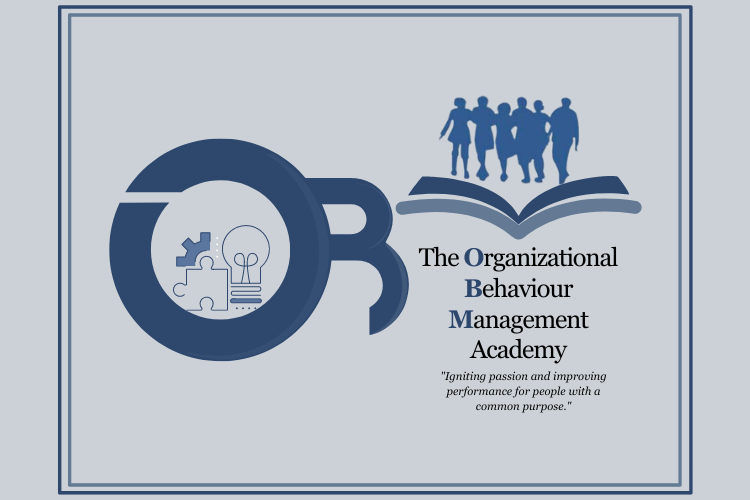As we reach the four-year mark since the onset of the COVID-19 Pandemic in March 2024, we reflect on the global lockdowns that have significantly influenced individual behaviours and organizational systems. The pandemic has left an enduring impact on global markets, altering consumer behaviours, supply chains, and economic strategies. As we navigate the post-pandemic period, it is vital for businesses and policymakers to grasp these changes. Fortunately, we have a powerful tool at our disposal - Behavioural Systems Analysis (BSA). This framework not only provides a comprehensive understanding of the shifts but also offers practical insights into the interconnected behaviours that drive market dynamics, helping us to adapt effectively.
Understanding Behavioural Systems Analysis
Behavioural Systems Analysis (BSA) rigorously examines the interactions and interdependencies within complex systems, emphasizing the behaviour of individuals and organizations. By integrating behavioural science, systems theory, and organizational behaviour principles, BSA provides a robust understanding of how behaviours significantly impact system outcomes, goals, and permanent products. This approach is essential for scrutinizing various behavioural systems, including market behaviours characterized by dynamic interactions among multiple factors and stakeholders.
Key Post-COVID Market Changes
During the pandemic, consumer behaviour changed, with increased online shopping, health and safety concerns, and a preference for local products. McKinsey (2020) reported that e-commerce in the US grew by ten years' worth in just three months.
Also, in response to the lockdown and its associated disruptions, such as travel restrictions and labour shortages, companies have shifted their focus to prioritizing the resiliency of their supply chains over efficiency. This change significantly impacts organizational behaviours related to sourcing strategies and the management of inventories (World Economic Forum, 2021).
Perhaps the most significant advantage or disadvantage of the COVID-19 Pandemic and the series of lockdowns is workplace transformation. Remote work was normalized, and this has prompted businesses to change their operational models and behavioural systems. A study by PwC (2021) found that 55% of executives plan to extend remote work options for their employees, indicating a long-term shift in workplace dynamics.
How can processes and interventions supported by Behavioural Systems Analysis (BSA) address the changes due to post-COVID market changes?
By utilizing BSA to analyze purchasing patterns, online engagement, and feedback, businesses can effectively understand and predict changes in consumer behaviour. This valuable insight enables companies to adapt their strategies to meet evolving customer needs rapidly. For example, businesses can make informed decisions to enhance their marketing and product development efforts when leveraging BSA to study the factors driving the rise in online grocery shopping.
Applying BSA to supply chain management involves mapping interdependencies and identifying bottlenecks, which is instrumental in designing more resilient and adaptable supply chains. By analyzing the behaviour of suppliers and logistics providers, organizations can effectively reveal vulnerabilities and opportunities for diversification.
The prudent approach involves utilizing BSA to address the benefits and drawbacks as organizational models transition to remote and hybrid work setups. BSA can provide valuable guidance to organizations striving to optimize workforce productivity and engagement. By carefully examining the interactions between employees, technology, and organizational policies, companies can develop strategies to enhance the effectiveness of remote work and foster higher levels of employee satisfaction.
Conclusion
The COVID-19 pandemic has sparked transformative shifts in market dynamics, revamping consumer behaviours, supply chains, and workplace models. Behavioural Systems Analysis (BSA) offers a robust framework for comprehending and adapting to these changes by scrutinizing intricate market interactions and behaviours. By utilizing BSA tools, businesses and policymakers can devise strategies that are harmonized with the new market realities, ensuring resilience and prosperity in the post-pandemic era.
